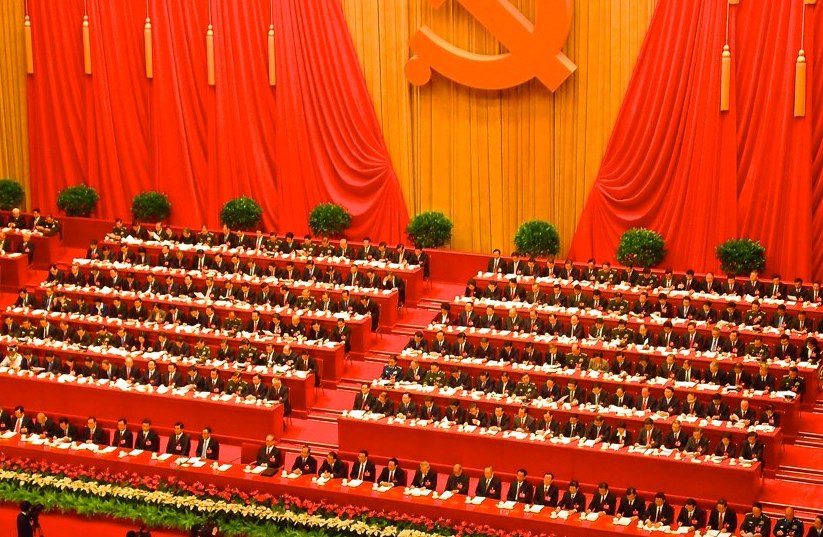This post is also available in: English Français Português
On September 19, 2024, the Inter-American Dialogue released the report «Building Climate Justice and Equity: Recommendations from Caribbean Partners on PACC 2030.» This report, authored by Caribbean scholar Dr. Stacy-ann Robinson, integrates the viewpoints of the Citizen Advisory Group on PACC 2030, evaluating the initiative’s current effectiveness and outlining a strategic plan for future policy enhancements in the Caribbean.
The Caribbean region is among the most vulnerable in the world to the extreme and mounting impacts of climate change. Severe hurricanes compound preexisting humanitarian and economic crises by destroying livelihoods and causing billions of dollars of economic losses. Less predictable weather conditions and a general increase in droughts and floods also threaten large parts of the region that are highly dependent on tourism and energy insecure. These trends are expected to accelerate as the climate crisis deepens, interacting with other structural factors such as poverty, corruption, weak rule of law, and the continuing impacts of COVID-19 to increase inequality and migration, including to the United States.
In response, the Biden-Harris Administration has developed the US-Caribbean Partnership to Address the Climate Crisis 2030 (PACC 2030) to support climate adaptation, resilience, and clean energy across the region. Despite parts of the strategy entering into the implementation phase, PACC 2030 lacks participatory mechanisms that enable meaningful engagement from local communities and civil society, ensuring their inclusion and informing effective on-the-ground implementation.
Yet, PACC 2030’s success hinges on the active involvement of civil society, as the challenges posed by climate change frequently intersect with and amplify existing social inequities related to race, ethnicity, colorism, socioeconomic status, and gender. To that end, the Inter-American Dialogue’s Energy Transition and Climate Program launched, with the generous support of the Open Societies Foundation, the Caribbean Citizen Advisory Group. This group, comprised of a diverse group of civil society voices from across the Caribbean, including representatives from environmental and climate organizations, rural and Indigenous leaders, members of economic and social development groups, activists for women and youth, and educators, aims to foster the participation of civil society organizations and historically marginalized groups.



